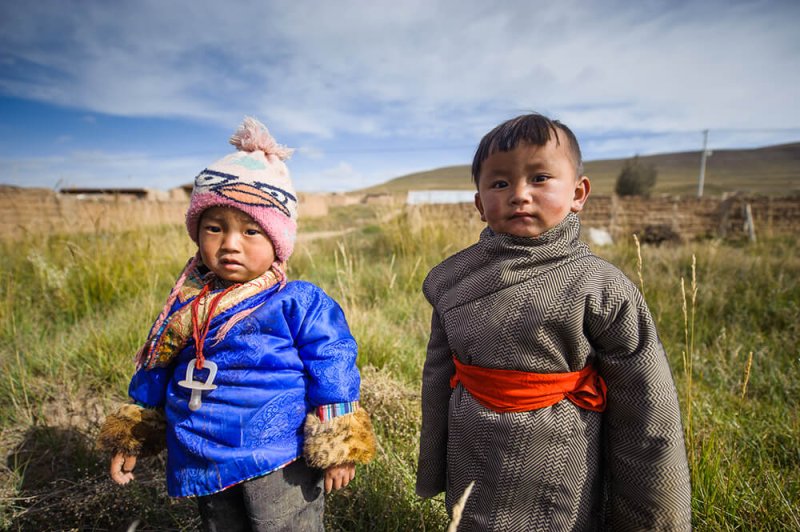The research, led by China’s Lanzhou University and published in the journal Science, shows that these close cousins of Neanderthals occupied the cave from at least 100,000 years ago – possibly as far back as 190,000 years ago – and used it until at least 60,000 years ago.
This has interesting implications for the timing and movement of hominins through Asia.
“We have known that some modern human genomes contain fragments of DNA from Denisovans, suggesting that this species of human must have been widespread in Asia,” says Bo Li, co-author and dating specialist from the University of Wollongong in Australia.
Since this new site is not only geographically distant from the Siberian cave but also at a much higher altitude – 3280 metres above sea level – these ancient hominins likely lived across a range of environments and were far more widespread than current physical evidence represents.
This also indicates that the mixture of Denisovan genes into other hominin populations may have contributed to the high-altitude adaptations seen in modern Tibetan people.
According to Li, there is a lot more to learn from the site.































